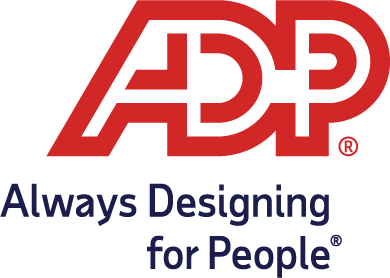Employee Work
Eligibility
Employee Work
Eligibility
Employee Work Eligibility
In addition to paying you, your employer takes on the responsibility of providing proof to the federal government that you can legally work in the United States. The U.S. Citizenship and Immigration Services (USCIS), under the Department of Homeland Security, is responsible for administering the nation’s lawful immigration system and employment verification process.
Employment Verification Basics
To work in the United States, a non-citizen must have one of the following:
- A Permanent Resident Card (called a Green Card),
- An Employment Authorization Document (work permit), or
- An employment-related visa that allows an individual to work for a particular employer.
Each of the documents listed above have different application requirements.
Role of Employers
Employers are required to verify that individuals they plan to hire or continue to employ in the United States are authorized to accept employment. Federal law requires that every employer who recruits, refers for a fee, or hires an individual for employment in the United States must ensure that all such individuals complete Form I-9, Employment Eligibility Verification, and verify such completion.
Form I-9 consists of three sections:
- Section One, Employee Information and Attestation, is completed by employees and includes their full legal name, other names used, current address, date of birth, citizenship and residency status, and signature. If the employer is using E-Verify (see below), section one also includes the Social Security number, employee’s email address, and telephone number. Section one also includes information on preparers and translators. The employer must make sure that the employee has completed all required information and take note on whether the information includes an expiration date on the employee’s work authorization.
- Section Two, Employer or Authorized Representative Review and Verification, is completed by employers within three business days of the date of hire (first day of work). This section requires employees to provide their employer with one document from List A or one document from List B in combination with one document from List C. These lists are provided by USCIS and are used to show identity and employment authorization. The choice of document is solely with the employee. The regulations include employer responsibilities for entering employee and employer information on the form and ensuring that the documents provided are originals. The employer must physically examine the documents to determine if they reasonably appear to be genuine and relate to the individual presenting them.
- Section Three, Reverification and Rehires, is completed by employees and employers based on the date of when employment authorization documents expire or if an employee is rehired within three years of when a Form I-9 was originally completed, or if the employee has a legal name change.
E-Verify Program
E-Verify is a web-based system that allows participating employers to confirm eligibility to work in the United States. In the program, employers electronically match information provided by employees on the Form I-9 against records available to the Social Security Administration and the Department of Homeland Security. The program is voluntary for employers, although some states make it mandatory and federal contractors are required to use the program.
Can the payer take money out of my account or get confidential information about me through my bank?
Employers that knowingly hire unauthorized individuals are subject to civil penalties in accordance with the Immigration and Nationality Act.
Employers may not discriminate on the basis of national origin, citizenship, or immigration status. They cannot request particular documents or reject reasonable, genuine-looking documents from new-hires.
If an individual does file charges with the Department of Justice against the employer for violating unfair documentary practices or discrimination, the employer may not retaliate against the individual. Employers can also be penalized if they retaliate against an individual who asserts their rights under anti-discrimination provisions of the Immigration and Nationality Act.
Employers with a pattern of behavior that violate immigration laws are subject to criminal charges. The amount of the penalties can vary depending on the nature of the violation and whether civil or criminal. Civil penalties increase each year based on inflation in accordance with the Consumer Price Index.
Learn more about USCIS and its role in immigration and employment verification.







